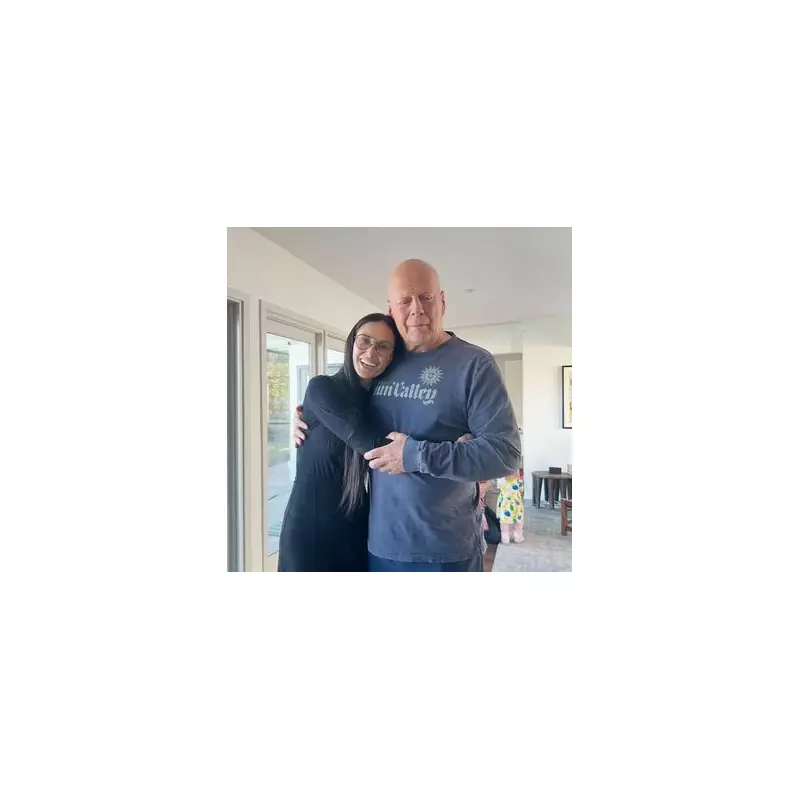
In a profoundly moving and candid new interview, Hollywood actress Demi Moore has laid bare the emotional turmoil of watching her ex-husband, iconic actor Bruce Willis, battle a debilitating form of dementia.
The revelation of his diagnosis, she confesses, was a devastating blow that forced her to confront a deep and personal grief from her past.
A Painful Echo of the Past
Moore detailed how the news of Willis's condition brought back a flood of painful memories connected to the loss of her own father. She revealed to Mirror that her dad had similarly struggled with dementia before his passing, making Bruce's situation painfully familiar.
This tragic parallel has created a unique and complex layer of sorrow for the actress, intertwining the pain of her former husband's decline with the unresolved grief of losing a parent.
Unwavering Family Support
Despite their divorce in 2000 after over a decade of marriage, Moore has remained a steadfast pillar of support within the Willis family circle. She is famously close with Bruce's current wife, Emma Heming Willis, and his daughters—including their own three children, Rumer, Scout, and Tallulah.
The entire family has united in a powerful front, publicly sharing their journey to raise global awareness about Frontotemporal Dementia (FTD). Their solidarity offers a rare glimpse into a family navigating a heart-breaking health crisis with grace and unwavering love.
Raising Her Voice for Awareness
Moore's decision to speak so openly is a powerful part of the Willis family's campaign to shed light on the often-misunderstood condition. Frontotemporal dementia affects the frontal and temporal lobes of the brain, leading to significant changes in personality, behaviour, and language.
By sharing her personal story and the painful echo of her father's illness, Moore adds a crucial and deeply human perspective to the conversation, helping to destigmatise the disease and offer solace to others on a similar path.





